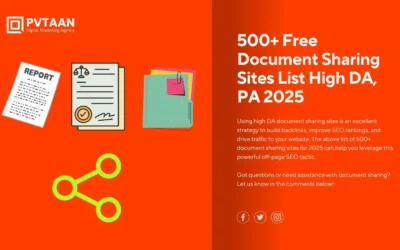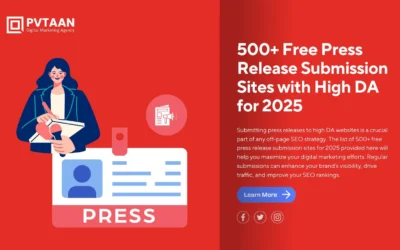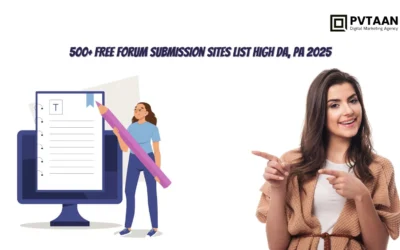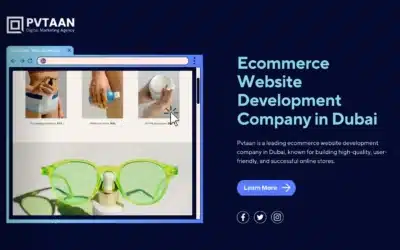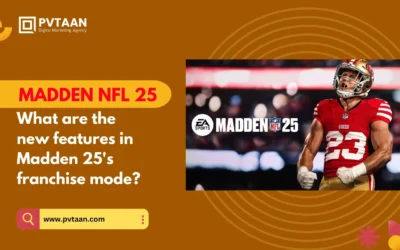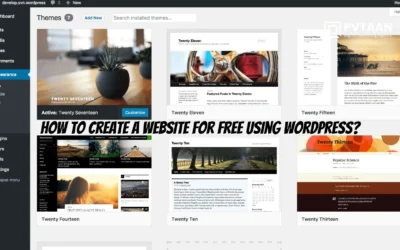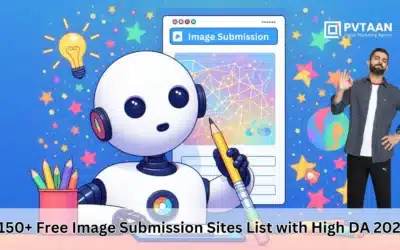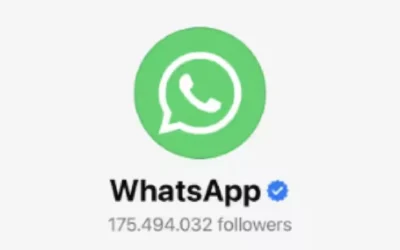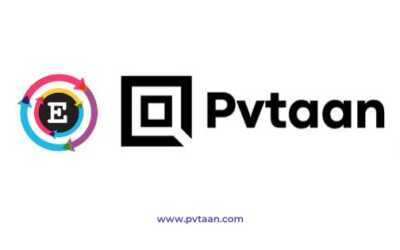Google Word Coach is a fun, web-based quiz game found in Google search results just type Google Word Coach. It was created by Google to help improve vocabulary. In today’s digital age, learning and entertainment are becoming increasingly intertwined. One of the best examples of this fusion is Google Word Coach, a fun, web-based quiz game designed to enhance your vocabulary. Easily accessible through Google search results, this game is a great tool for anyone looking to improve their language skills in an engaging and interactive way.
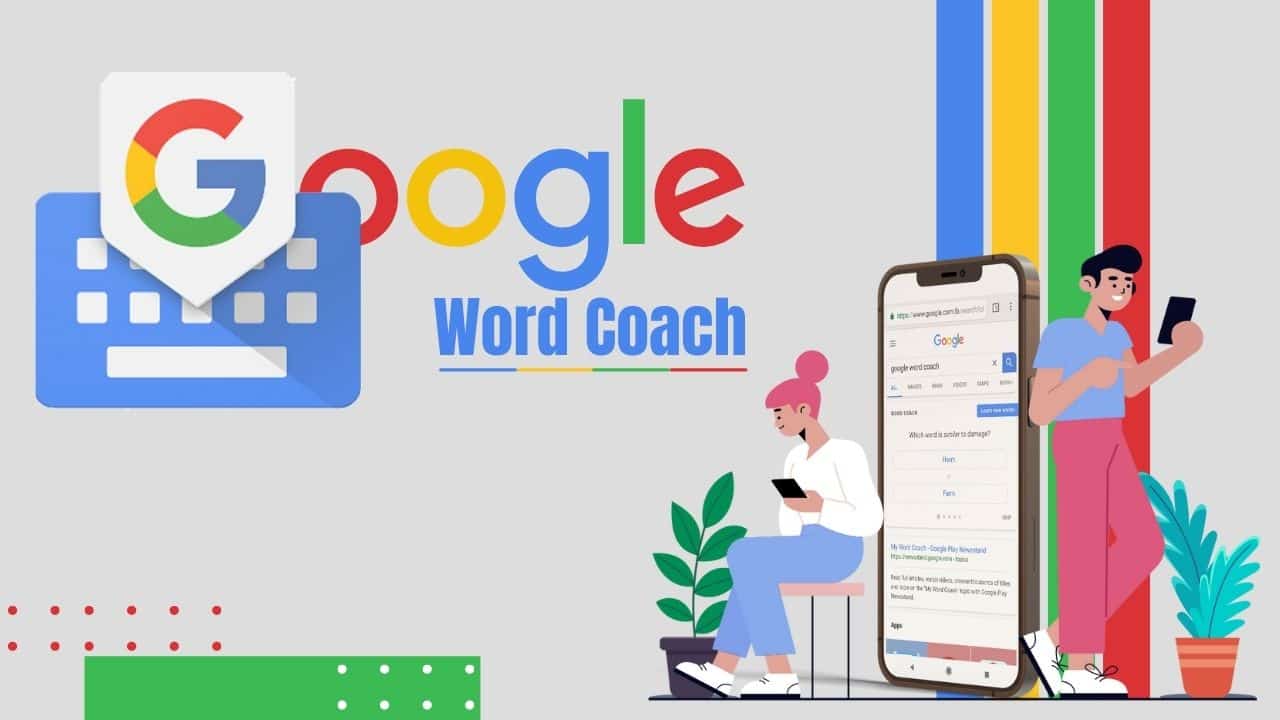
In this article, we will explore Google Word Coach in depth, examining its features, benefits, and the science behind vocabulary learning. We will also discuss Google’s broader educational initiatives, the role of technology in modern education, and the potential future developments of Google Word Coach.
What is Google Word Coach?
Google Word Coach is an interactive vocabulary game that appears directly in Google search results. It’s a simple yet effective tool designed to make learning new words enjoyable. When a user types “Google Word Coach” into the Google search bar, the game appears at the top of the search results, ready to play without requiring any downloads or installations.
The game is structured around multiple-choice questions that challenge users to identify the correct meaning of a word, choose synonyms, or complete sentences with the appropriate word. Each question provides two possible answers, and users earn points for each correct response. As users progress through the game, the difficulty of the questions adjusts based on their performance, ensuring that they are continually challenged and engaged.
History and Development of Google Word Coach
Google Word Coach was introduced as part of Google’s ongoing efforts to enhance user experience and provide value through its search platform. The tool was developed to address a growing demand for accessible, effective, and engaging ways to learn vocabulary. By integrating the game directly into search results, Google made it easy for users to engage with the tool without needing to leave the search page, download an app, or sign up for a service.
The game’s development was likely influenced by the success of similar educational tools and games that use gamification to make learning more enjoyable. By leveraging its vast resources and expertise in user experience design, Google was able to create a tool that is both educational and entertaining, aligning with its broader mission of organizing the world’s information and making it universally accessible and useful.
User Experience: How It Works
Google Word Coach is designed to be intuitive and user-friendly. The game’s interface is simple, with each question prominently displayed at the top of the screen, followed by two answer options. Users can select their answer with a single tap or click, and the game immediately provides feedback, indicating whether the answer was correct or incorrect. This immediate feedback is accompanied by a brief explanation, helping users understand the correct answer and reinforcing their learning.
The game is structured in levels, with each level comprising a series of questions. As users answer questions correctly, they advance to higher levels, where the questions become more challenging. The game also keeps track of users’ scores, encouraging them to improve with each session. This scoring system adds an element of competition, motivating users to engage with the game regularly to beat their previous scores.
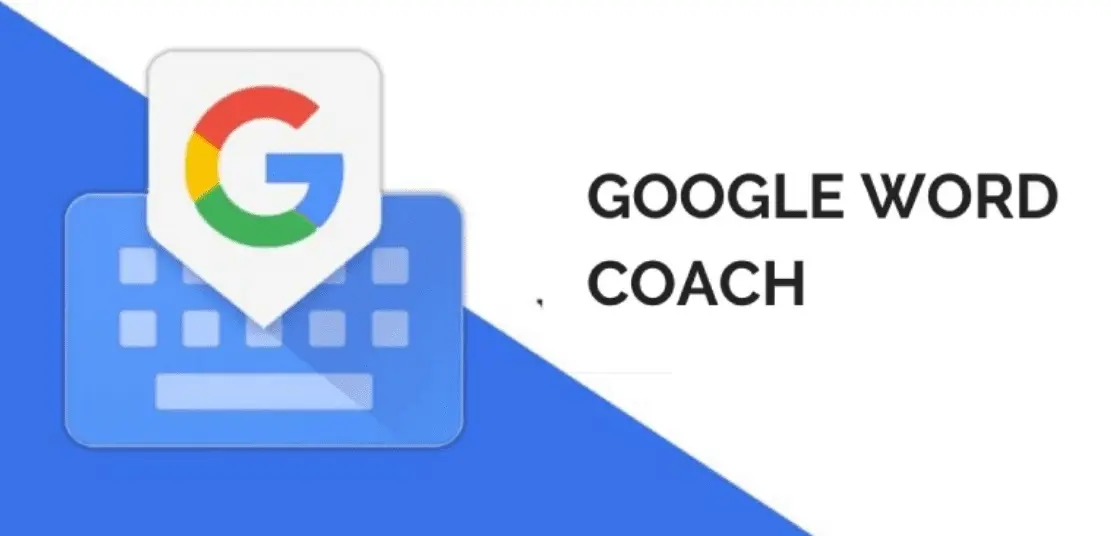
The Science Behind Vocabulary Learning
Vocabulary is a fundamental aspect of language learning, playing a crucial role in communication, comprehension, and cognitive development. A robust vocabulary allows individuals to express themselves more clearly, understand others more effectively, and engage with a wider range of texts and concepts.
Cognitive Benefits of Vocabulary Learning
Learning new words is not just about expanding one’s lexicon; it also has significant cognitive benefits. Research has shown that vocabulary learning is closely linked to cognitive processes such as memory, attention, and executive function. When individuals learn new words, they are engaging in a process that involves encoding new information, storing it in memory, and retrieving it when needed. This process strengthens neural connections in the brain, enhancing overall cognitive function.
Quiz-Based Learning and Memory Retention
Google Word Coach utilizes quiz-based learning, a highly effective method for enhancing memory retention. Quizzes require active recall, a process where learners retrieve information from memory without cues. This active retrieval strengthens memory and makes it easier to recall information in the future. Additionally, the game’s use of multiple-choice questions forces users to engage in critical thinking, as they must choose between several possible answers.
The Role of Repetition in Vocabulary Building
Repetition is a key component of vocabulary learning. By repeatedly encountering and using new words, learners reinforce their understanding and make these words a permanent part of their vocabulary. Google Word Coach leverages this principle by presenting users with similar types of questions in different contexts, ensuring that they repeatedly engage with the words they are learning.
Why Interactive Games Are Effective for Learning
Interactive games like Google Word Coach are particularly effective for vocabulary learning because they combine several elements that are known to enhance learning: engagement, repetition, feedback, and motivation. By making learning fun, these games encourage users to spend more time engaging with the material, leading to better outcomes.
Benefits of Google Word Coach
Google Word Coach offers numerous benefits that make it an exceptional tool for vocabulary improvement. Below, we explore these benefits in detail.
Interactive Learning
One of the primary advantages of Google Word Coach is its interactive nature. Unlike traditional vocabulary learning methods, which often involve passive reading or rote memorization, Google Word Coach requires active participation. Users must engage with the content, make decisions, and process information in real-time. This active involvement enhances learning and makes the process more enjoyable.
Instant Feedback
Instant feedback is a critical component of effective learning. In Google Word Coach, users receive immediate feedback on their answers, along with explanations for why a particular answer is correct or incorrect. This instant feedback helps users learn from their mistakes and reinforces their understanding of new words.
Convenience
Google Word Coach is incredibly convenient to use. Since it’s integrated directly into Google search, there’s no need to download an app, sign up for a service, or navigate to a separate website. Users can access the game with a simple search query and start playing immediately. This convenience makes it easy to incorporate vocabulary learning into daily routines, whether you’re waiting for a meeting to start, commuting, or taking a break.
Progressive Difficulty
Google Word Coach is designed to adapt to the user’s skill level. As users answer questions correctly, the game increases the difficulty of subsequent questions. This progressive difficulty ensures that users are consistently challenged and learning new words at their level. It also prevents the game from becoming too easy or repetitive, keeping users engaged over time.
Fun and Engagement
Perhaps the most significant benefit of Google Word Coach is that it makes learning fun. The game’s quiz format, coupled with its colorful interface and playful design, creates an enjoyable experience that motivates users to keep playing. By turning vocabulary learning into a game, Google Word Coach helps users stay motivated and committed to improving their language skills.
Case Studies and User Testimonials
Many users have reported significant improvements in their vocabulary after regularly playing Google Word Coach. For example, students preparing for standardized tests such as the SAT or GRE have found the game to be a helpful supplement to their study routines. Professionals looking to enhance their communication skills have also praised the game for its accessibility and effectiveness.
One user, a college student preparing for the GRE, shared, “I started playing Google Word Coach during my commute, and it quickly became a part of my daily routine. The game’s progressive difficulty helped me learn new words that I encountered on practice tests, and the instant feedback reinforced my understanding. It’s a great tool for anyone looking to improve their vocabulary.”
Google’s Educational Initiatives
Google Word Coach is just one of many educational tools developed by Google as part of its broader mission to make information universally accessible and useful. Google has invested heavily in educational technology, creating tools and resources that cater to learners of all ages and backgrounds.
Overview of Google’s Efforts in Education
Google’s commitment to education is evident in its wide range of products and services designed to support learning. From Google Classroom, a platform that helps educators manage assignments and communicate with students, to Google Arts & Culture, which provides virtual tours of museums and historical sites, Google has made significant contributions to education.
Google Word Coach Within the Context of Google’s Other Educational Tools
Google Word Coach fits into Google’s broader educational ecosystem by providing a tool that focuses specifically on language learning. While Google offers various tools for different subjects and educational needs, Google Word Coach is unique in its focus on vocabulary improvement. It complements other Google tools, such as Google Translate, which helps users learn new languages, and Google Books, which provides access to a vast library of texts.
The Philosophy Behind Google’s Educational Tools
Google’s approach to education is rooted in the belief that learning should be accessible, engaging, and effective. By leveraging technology, Google aims to create tools that meet these criteria, empowering users to learn at their own pace and in their own way. Google Word Coach embodies this philosophy by offering a fun, interactive, and easily accessible way to improve vocabulary.
Google Word Coach: A Tool for All Ages
One of the key strengths of Google Word Coach is its broad applicability. The game is suitable for users of all ages, from young students just beginning to build their vocabulary to adults looking to refine their language skills.
Benefits for Students
For students, especially those preparing for exams that test verbal skills, such as the SAT, GRE, or TOEFL, Google Word Coach offers a valuable resource for vocabulary building. The game’s focus on synonyms, antonyms, and word meanings aligns with the types of questions found on these exams, making it an effective study tool.
Benefits for Professionals
Professionals, particularly those in fields where communication is key, can also benefit from Google Word Coach. Whether you’re writing reports, giving presentations, or engaging in negotiations, a strong vocabulary can enhance your ability to express ideas clearly and persuasively. By regularly playing Google Word Coach, professionals can expand their vocabulary and improve their communication skills.
Benefits for Language Learners
For non-native English speakers, Google Word Coach provides a fun and interactive way to learn new words and improve their English proficiency. The game’s focus on word meanings and usage helps language learners understand how words are used in context, which is crucial for mastering a new language.
How Different Demographics Use Google Word Coach
Google Word Coach’s versatility makes it popular among a wide range of users. Young students might use it as a supplementary learning tool alongside their schoolwork, while adults might play it during their commute or break time. Language learners may use it to practice their English vocabulary, and professionals might incorporate it into their daily routine as a way to sharpen their communication skills.
Case Studies and Examples
Consider a high school student preparing for the SAT. By playing Google Word Coach regularly, the student can familiarize themselves with the types of vocabulary questions they might encounter on the test. Over time, the student’s vocabulary improves, leading to better performance on the verbal section of the SAT.
Another example is a business professional who frequently gives presentations. By using Google Word Coach, they can expand their vocabulary, allowing them to communicate more effectively and persuasively during their presentations.
The Role of Technology in Modern Education
Technology has transformed education in numerous ways, making learning more accessible, personalized, and engaging. From online courses and virtual classrooms to educational games and apps, technology has opened up new possibilities for learners of all ages.
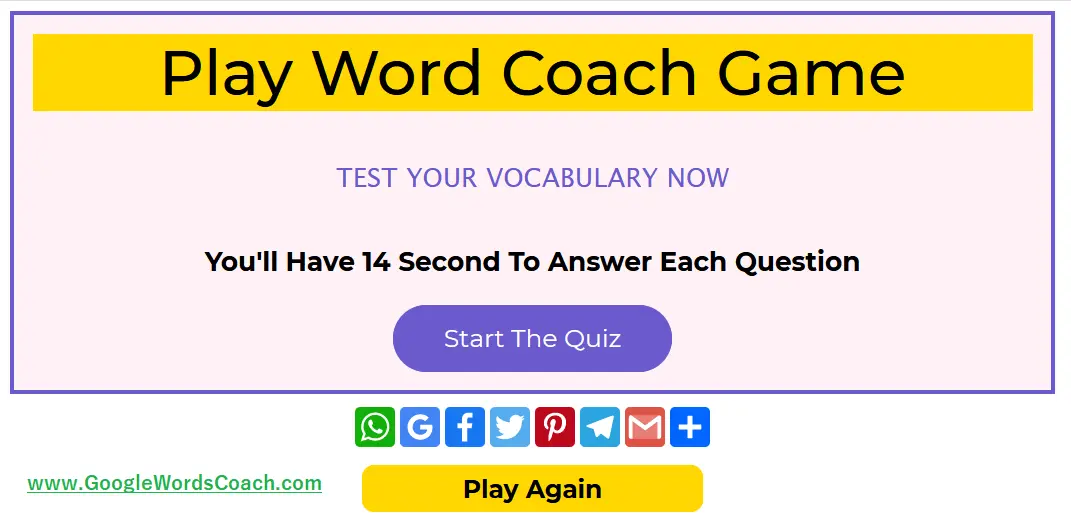
How Technology Has Transformed Learning
The advent of technology has made education more accessible to people around the world. Online courses, digital textbooks, and educational apps allow learners to access information and resources from anywhere, at any time. This has democratized education, providing opportunities for individuals who might not have had access to traditional educational institutions.
The Rise of Mobile Learning and Gamification
Mobile learning, or m-learning, has become increasingly popular as smartphones and tablets have become ubiquitous. Educational apps and games, like Google Word Coach, are a key component of this trend. Gamification, the application of game-design elements in non-game contexts, has proven to be an effective way to engage learners and motivate them to continue learning.
Google Word Coach as an Example of Tech-Driven Education
Google Word Coach exemplifies the potential of tech-driven education. By combining the accessibility of mobile learning with the engagement of gamification, Google has created a tool that makes vocabulary learning fun and effective. The game’s integration into Google search also highlights the potential of embedding educational tools within platforms that users already use daily.
The Future of Educational Games
The success of Google Word Coach suggests a bright future for educational games. As technology continues to evolve, we can expect to see more sophisticated educational games that leverage advances in artificial intelligence, machine learning, and data analytics to provide personalized learning experiences.
Challenges and Limitations
While technology has transformed education in many positive ways, there are also challenges and limitations to consider. One potential issue is the digital divide, where individuals without access to technology or the internet are at a disadvantage. Additionally, while educational games like Google Word Coach are effective for some learners, they may not be as effective for others who prefer more traditional learning methods.
Google Word Coach: A Global Perspective
Google Word Coach is used by people around the world, making it a truly global tool. Its accessibility and ease of use have made it popular in many different countries, and Google has made efforts to ensure that the game is relevant and useful in various linguistic and cultural contexts.
Usage in Different Countries
Google Word Coach is available in multiple languages, allowing users from different linguistic backgrounds to benefit from the game. For example, users in India can play the game in English or Hindi, while users in other countries can access it in their native languages.
Handling Language and Cultural Differences
One of the challenges of developing a global tool like Google Word Coach is ensuring that it is culturally and linguistically appropriate for users in different regions. Google has addressed this challenge by offering the game in multiple languages and adapting the content to suit different cultural contexts.
Global Reach and Accessibility
Google Word Coach’s integration into Google search ensures that it is accessible to anyone with an internet connection. This global reach has made the game popular among users in many different countries, from students in the United States to professionals in Europe and language learners in Asia.
User Data and Statistics
While Google has not released specific usage statistics for Google Word Coach, the game’s integration into Google search suggests that it is widely used. Given the popularity of Google search, it is likely that millions of users have played the game since its launch.
Testimonials from International Users
International users have praised Google Word Coach for its accessibility and effectiveness. For example, a language learner in Brazil shared, “Google Word Coach has helped me improve my English vocabulary in a fun and engaging way. I love that I can play it on my phone whenever I have a few minutes to spare.”
How to Open Google Word Coach
Opening Google Word Coach is simple and straightforward. Below is a step-by-step guide on how to access the game, along with tips for getting the most out of it.
Step-by-Step Guide
Search on Google: To access Google Word Coach, simply open your web browser and type “Google Word Coach” into the Google search bar. The game will appear at the top of the search results, ready for you to start playing.
Mobile Accessibility: Google Word Coach is designed primarily for mobile devices, so you’ll get the best experience on a smartphone. However, you can also access the game on a desktop by following the same steps.
No Downloads Required: One of the key advantages of Google Word Coach is that it’s entirely web-based. There’s no need to download any apps or software. Just open your browser, search for the game, and start playing.
Playing the Game: Once the game loads, you’ll see a question with two possible answers. Tap or click on the correct answer to proceed. The game will provide immediate feedback, and you’ll earn points for each correct answer.
Track Your Progress: Google Word Coach keeps track of your score as you play. You can use this feature to challenge yourself and try to beat your previous scores.
Tips for Maximizing Your Learning
Play Regularly: To get the most out of Google Word Coach, try to play the game regularly. Even just a few minutes a day can help reinforce your learning and improve your vocabulary over time.
Review Feedback: Pay close attention to the feedback provided after each question. Understanding why an answer is correct or incorrect is crucial for reinforcing your learning.
Challenge Yourself: As you become more comfortable with the game, challenge yourself by aiming for higher scores or by focusing on questions that you find more difficult.
Incorporate Into Daily Routine: Consider incorporating Google Word Coach into your daily routine. You might play a few rounds during your commute, while waiting in line, or during your lunch break.
How to Download the Google Word Coach App?
Currently, there is no standalone Google Word Coach app available for download. However, the game is easily accessible through Google search, making it convenient to play without the need for a separate app.
The Current Status: No Standalone App
While Google Word Coach is highly popular and widely used, Google has not released a dedicated app for the game. This decision is likely due to the game’s integration into Google search, which makes it easily accessible without the need for an additional app.
Discussion on Whether an App is Needed
The absence of a standalone app raises the question of whether such an app is needed. On one hand, the current web-based format is convenient and eliminates the need for downloads. On the other hand, a dedicated app could offer additional features and a more tailored user experience.
Potential Features of a Google Word Coach App
If Google were to develop a standalone app for Google Word Coach, it could potentially include features such as:
Personalized Learning Paths: An app could offer personalized learning paths based on the user’s skill level and progress.
Offline Access: Users could download the app and play the game offline, making it accessible even without an internet connection.
Progress Tracking: The app could provide more detailed progress tracking, allowing users to monitor their vocabulary growth over time.
Additional Games and Challenges: A standalone app could include additional games, challenges, and quizzes to further enhance the learning experience.
Integration with Other Google Services: The app could integrate with other Google services, such as Google Classroom, allowing teachers to assign vocabulary exercises to students.
Speculations Based on User Feedback and Trends
User feedback and trends in educational technology suggest that there could be a demand for a standalone Google Word Coach app. As mobile learning continues to grow in popularity, an app could provide users with a more tailored and immersive learning experience.
How an App Could Integrate with Other Google Services
A Google Word Coach app could integrate seamlessly with other Google services, such as Google Classroom, Google Translate, and Google Books. For example, users could look up words in Google Books and then practice those words in the Word Coach app. Teachers could assign specific vocabulary exercises to students through Google Classroom, and students could use the app to complete those assignments.
Educational Impact and Future Developments
Since its launch, Google Word Coach has had a significant impact on vocabulary learning. Its accessibility, convenience, and effectiveness have made it a popular tool for learners around the world. However, there is always room for improvement and innovation.
Potential Updates and Future Directions
Google could continue to enhance Google Word Coach by adding new features, expanding the game’s language offerings, and incorporating more advanced AI-driven personalization. Future updates could also include new types of questions, such as those that focus on word usage in context or that require users to compose sentences using specific words.
How It Could Evolve with Advances in AI and Machine Learning
Advances in AI and machine learning could enable Google Word Coach to offer even more personalized learning experiences. For example, the game could use AI to analyze users’ performance and adapt the difficulty level in real-time, ensuring that each session is tailored to the user’s needs. Machine learning could also be used to generate new questions based on the user’s learning history, making the game more dynamic and responsive.
Integration with Other Educational Tools and Platforms
As educational technology continues to evolve, we may see greater integration between Google Word Coach and other educational tools and platforms. For example, the game could be integrated into online learning platforms, allowing students to practice vocabulary as part of their coursework. It could also be incorporated into language learning apps, providing users with a fun and interactive way to reinforce their learning.
Predictions for the Future of Vocabulary Learning Games
The future of vocabulary learning games like Google Word Coach looks promising. As technology continues to advance, we can expect to see more sophisticated and personalized learning experiences. Games like Google Word Coach could become even more effective and engaging, helping learners of all ages and backgrounds to expand their vocabulary and improve their language skills.
Google Word Coach is a powerful tool for vocabulary improvement that combines the best elements of interactive learning, convenience, and fun. Its integration into Google search makes it easily accessible to users around the world, and its quiz-based format ensures that learning is both engaging and effective.
Whether you’re a student preparing for exams, a professional looking to enhance your communication skills, or a language learner striving to improve your English proficiency, Google Word Coach offers a valuable resource for vocabulary building. With the potential for future updates and developments, it is likely that Google Word Coach will continue to be an important tool for learners for years to come.
As we look to the future, the role of technology in education will only continue to grow. Tools like Google Word Coach are just the beginning, paving the way for more innovative and effective learning experiences. So why not give it a try? Whether you’re waiting for a bus, taking a break, or just looking for a fun way to pass the time, Google Word Coach is a game that not only entertains but also enriches your mind.






